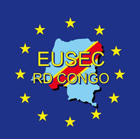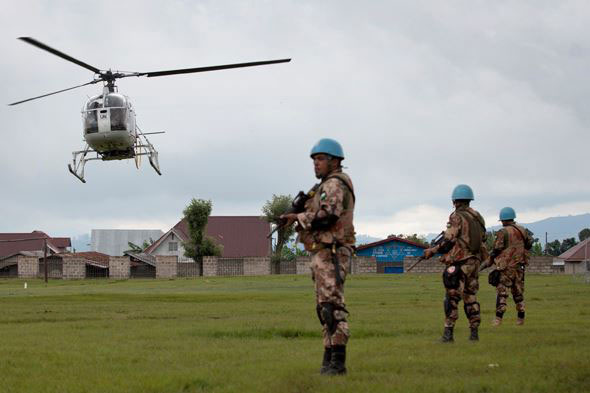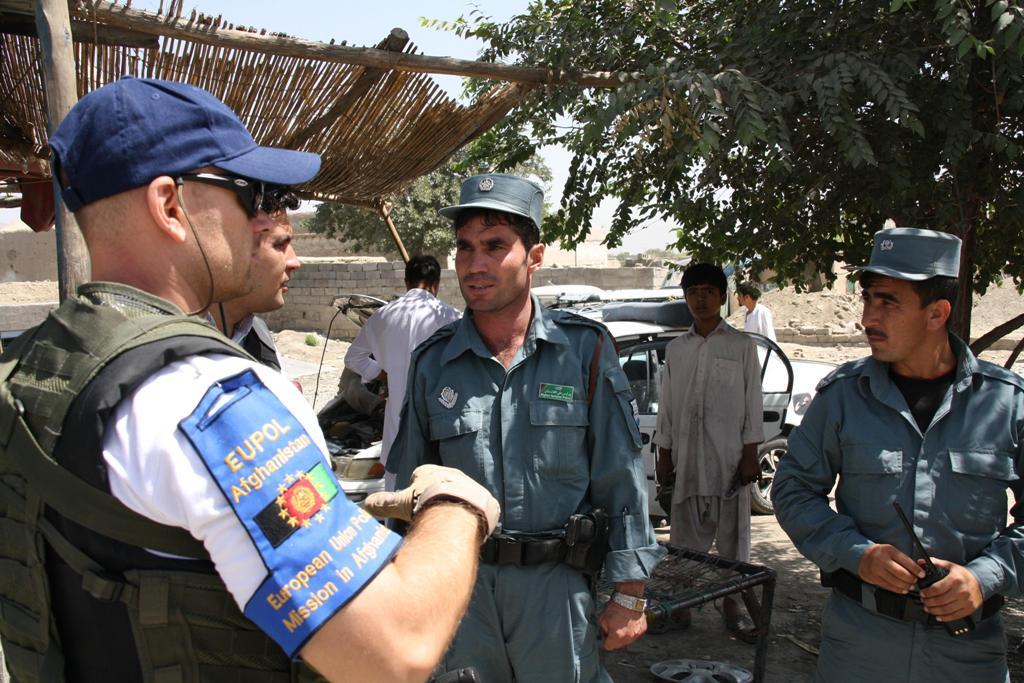Some options for the renewal of the EUSEC mission (updated)
 (BRUSSELS2) Reflection on the closure of the European security assistance mission in Congo (EUSEC RDC Congo) has begun. The political-military group has thus during one of its next meetings (June 24) this subject on the table.
(BRUSSELS2) Reflection on the closure of the European security assistance mission in Congo (EUSEC RDC Congo) has begun. The political-military group has thus during one of its next meetings (June 24) this subject on the table.
If we remove what to replace?
Many member states – like Germany – are in favor of closure, believing that the time for this mission (for almost ten years) has passed, that the priorities are elsewhere, and that it is necessary to know how to put an end to a mission. Others (like Belgium) find it important to maintain a European presence. In all cases the question is asked: If we delete, what do we replace? If we maintain, what is the format of the new mission? Because there is a point that seems to be unanimous, the mission in its current format must close. B2 took stock with the Luxembourg colonel, J.-L. Nuremberg, who is leading this mission. A veteran of EU missions since he was the military representative of the Grand Duchy for several years before leaving for Congo in 2012 (read: A new chef for Eusec Congo).
The three or four possible options
For Jean-Louis Nuremberg, it would be good on site to maintain a small workforce “ of a dozen advisers" which represents according to calculations a budget of approximately 1,5 million euros. Three or four options are possible: 1) a mini-EUSEC, made up of staff seconded and attached to the Delegation; 2) a new CSDP mini-mission; 3) a joint mission with the police mission (EUPOL RD Congo) in a new capacity building mission (EUCAP) of about twenty people.
This last option seems interesting because it would bring together all the know-how. It makes it possible to make the link with the other EUCAP missions deployed on the African continent (Horn of Africa, Niger, etc.) while avoiding the pitfall of slow deployment. And it also illustrates the European Union's idea of positioning itself at the interface between civilian and military. What should be avoided, on the other hand, is recourse to external contractors — an old habit of the Commission — which does not ensure the same results as a direct mission.
Connecting projects
In any case, the idea is to make the connection between the mission and the projects set up by the Europeans” under the EDF (European Development Fund) or other instruments (Instrument for Stability). Because " there is still a lot to do in the congolese army ". We do not reform, we do not restructure an army in a few years, with a few advisers (see paper to follow)


Comments closed.